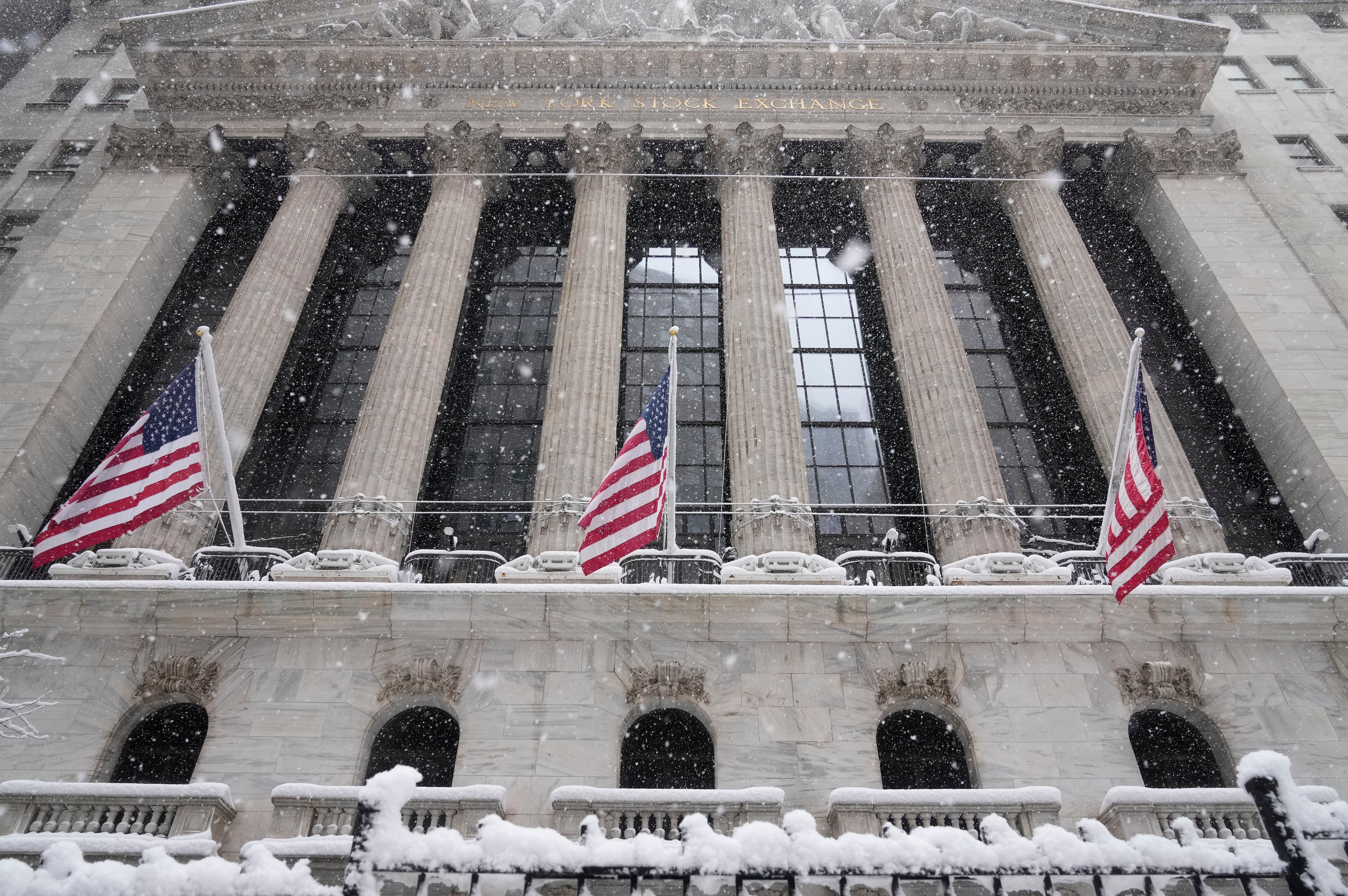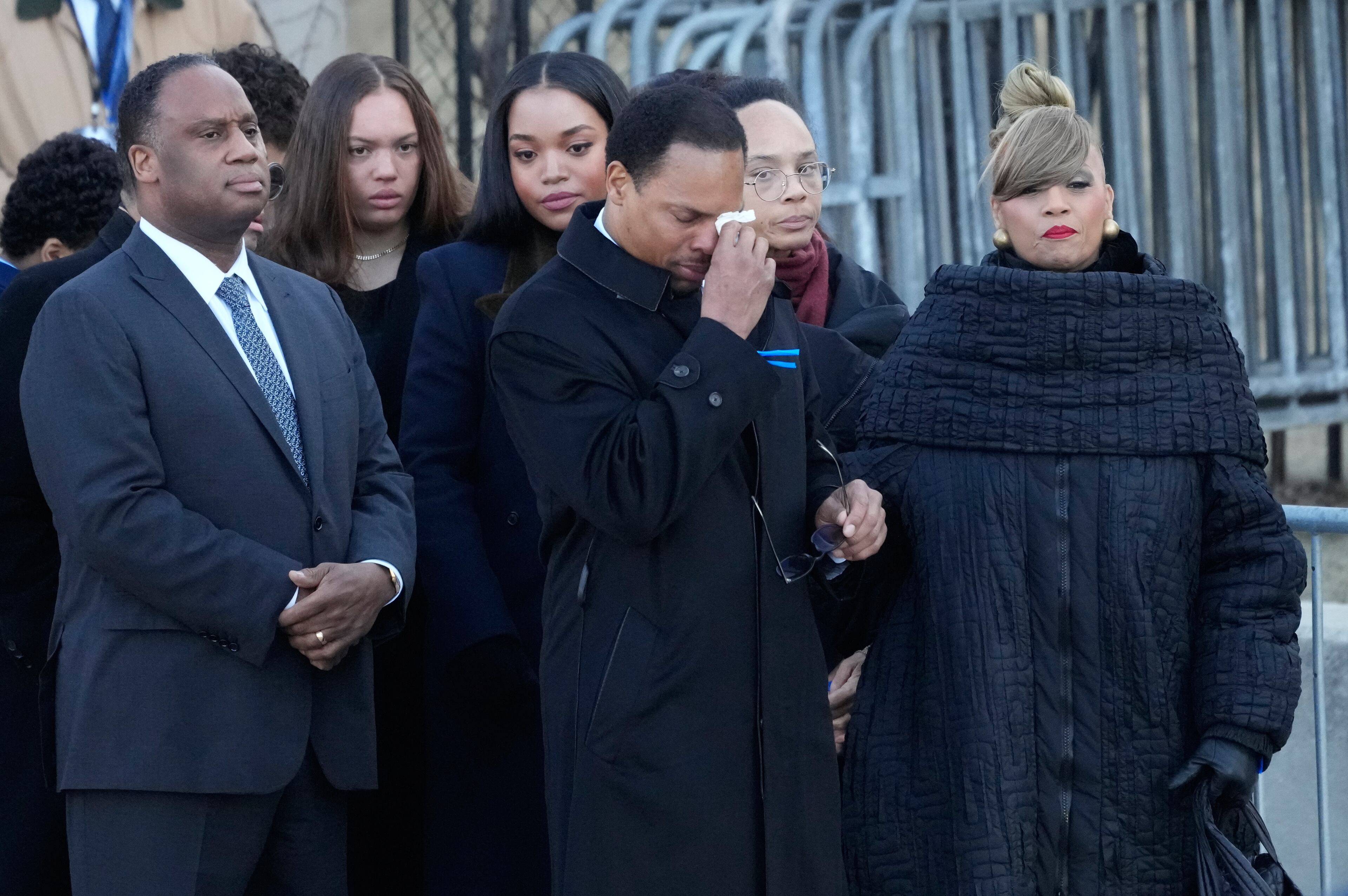Author of ‘Uncomfortable Conversations with a Jew’ comes to The Temple

Emmanuel Acho doesn’t think people should avoid having uncomfortable conversations.
In fact, Acho, a bestselling author of “Uncomfortable Conversations with a Jew,” and sports analyst, thinks such conversations can lead to greater understanding and healing.
Such conversations may make people uneasy but they’re “essential for healing and building understanding because they force individuals to confront difficult truths, challenge preconceived notions, and breakdown barriers that prevent genuine connection,” said Acho, 33.
“Uncomfortable Conversations with Emmanuel Acho“ will be held at to The Temple, 1589 Peachtree Road, at 6 p.m. Sunday during a conversation moderated by Senior Rabbi Peter S. Berg and the Rev. John H. Vaughn, executive pastor of Ebenezer Baptist Church in Atlanta.
It’s not his first time tackling taboo topics and those that divide rather than unify.
He created the hit video series and bestselling book, “Uncomfortable Conversations with a Black Man,” in 2020 after the death of George Floyd, a 46-year-old Black man, at the hands of Minneapolis police.
The series and book addressed issues like systemic racism, white privilege and cultural appropriation, issues that many whites may be uncomfortable asking or simply don’t understand. He’s talked about abortion and said he may consider doing “Uncomfortable Conversations” around mental health.
“These conversations encourage empathy, allow for the sharing of different perspectives, and create a space where people can acknowledge and address their biases,” said Acho.
Acho, a veteran of four NFL seasons, and his co-author Noa Tishby, an activist, actress and Israel’s former special envoy for Combating Antisemitism and Delegitimization, began working on the book nearly two years before the Hamas attacks on Oct. 7, in which 1,200 Israelis were killed and 250 taken hostage. Since then some hostages have been free but an estimated 100 remain captive.
The Israel-Hamas war has more than 40,000 Palestinian deaths in Gaza, according to the Hamas-run health ministry and around 500 in Lebanon, according to a report on ABC News.
“In 2021, I realized that there was a tension and a misunderstanding around the Jewish community. The premise of the book, truly, was supposed to be around antisemitism,” Acho said.
“For me its simple, I feel like justice won’t be served until those what are unaffected are as outraged as those that are affected,” Acho said during an earlier separate interview on CBS Mornings.
Although he is not Jewish, Acho, a pastor’s son, wondered how powerful things would be if Black people didn’t just fight for Black people, women didn’t just fight for women and Jewish people didn’t just fight for Jewish people.
Acho points to comments and social media posts by well-known figures like basketball star Kyrie Irving and Dave Chappelle that drew fire for what some considered antisemitic.
“I try to seek the ignorance and try a spotlight on it for the sake of healing and education,” Acho said. “There’s a lot of misunderstanding around the Jewish community, so I decided clear that up,” he said.
One of the goals, said Rabbi Berg is to not have such conversations in an echo chamber.
“We understand the Jewish need for allies with such an increase in antisemitism,” he said.
A June survey by the American Jewish Committee found that 87 % of American Jews think that antisemitism has increased in the U.S. since Oct. 7
Such tough conversations can be held at the water cooler at work, at church or a synagogue, “wherever,” said Berg.
Immediately after Oct. 7 Berg would have welcomed such conversations, but they didn’t happen.
“I never felt more alone in my entire career as I did on Oct. 8 when so many people that I had been in relationships with, done good work with and rolled up our sleeves together did not reach out,” to see how he was doing.



